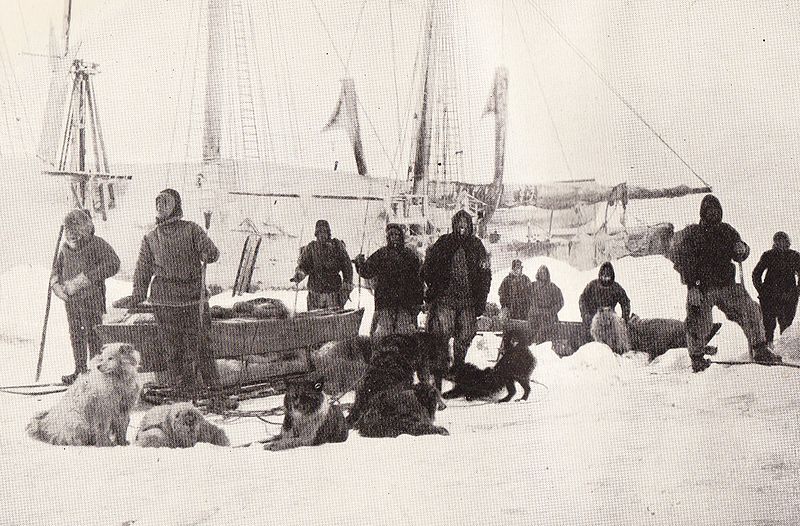
Explorers who set out to be the first to reach the North Pole in the 1800s faced obstacles of natural power and human failings. Their ships were crushed in the ice or trapped in flows that dragged them away from their destination. The relentless winter darkness grated on their nerves, and the newfangled tin cans that held their food may have slowly poisoned them with lead. 
It may have been harder to reach the North Pole than to land on the moon, says astronomer Doug Duncan, director of Boulder's Fiske Planetarium, who spoke with Colorado Matters host Ryan Warner. But Duncan points out that the willingness to take on risk in the name of discovery inspires our space program today. And the science learned on these early voyages, whether they reached the pole or not, continues to be relevant -- in 2019 a Boulder climate scientist will join an expedition recreating the voyage of Norwegian explorer Fridtjof Nanzen designed to learn more about the polar climate. 
Read more:







